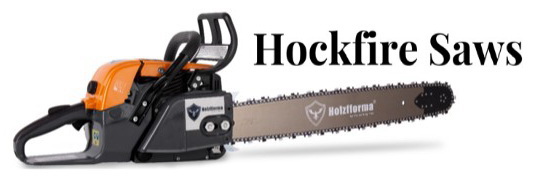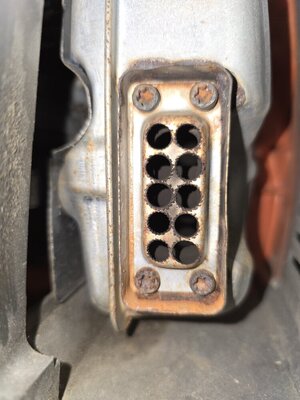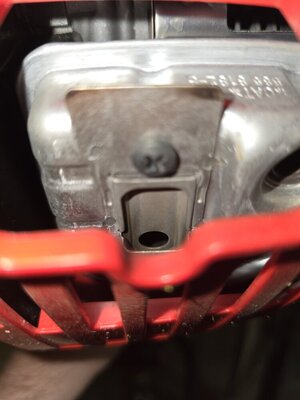As you know, I modify saws, and the saws that show up here that have been ran on Red Armor are the worst ones to do muffler work on. Without exception, the mufflers are full of sticky goop that has to be boiled or burned out before we can be sure we have left no metal inside the muffler. On Stihl's two piece mufflers this isn't an issue, but on Husqvarna's closed mufflers it is a pain in the ass. I've learned to hate Red Armor just because of this.
Is it related to improper tune? Maybe so, but we see the same results on auto tune saws.









